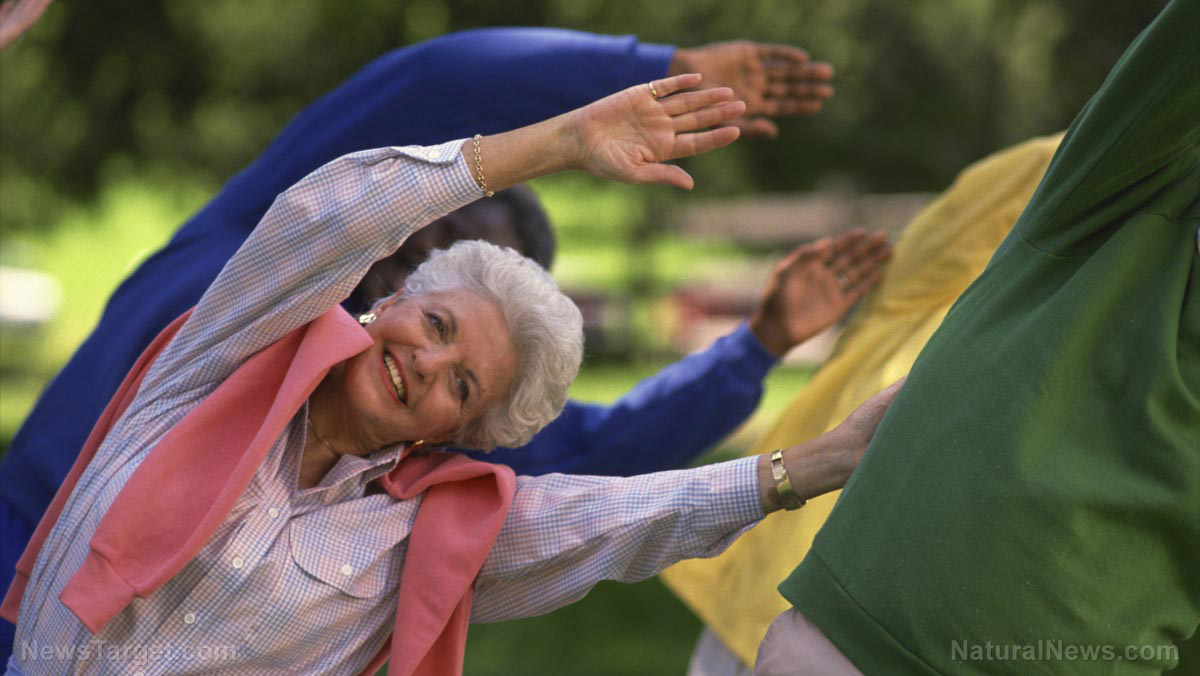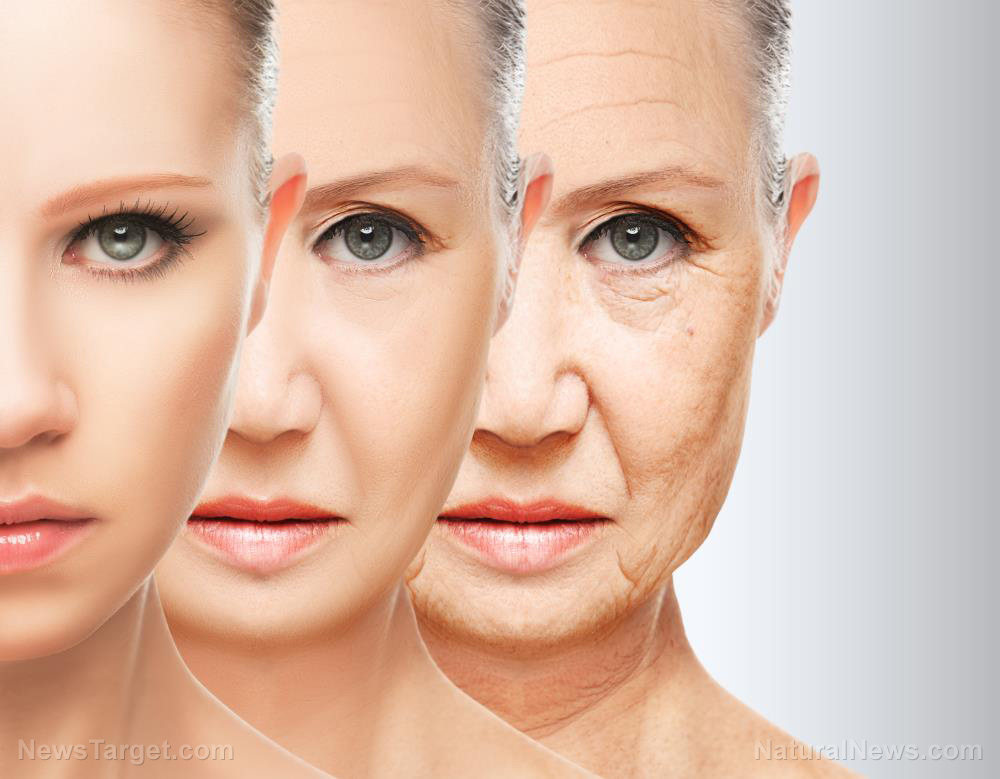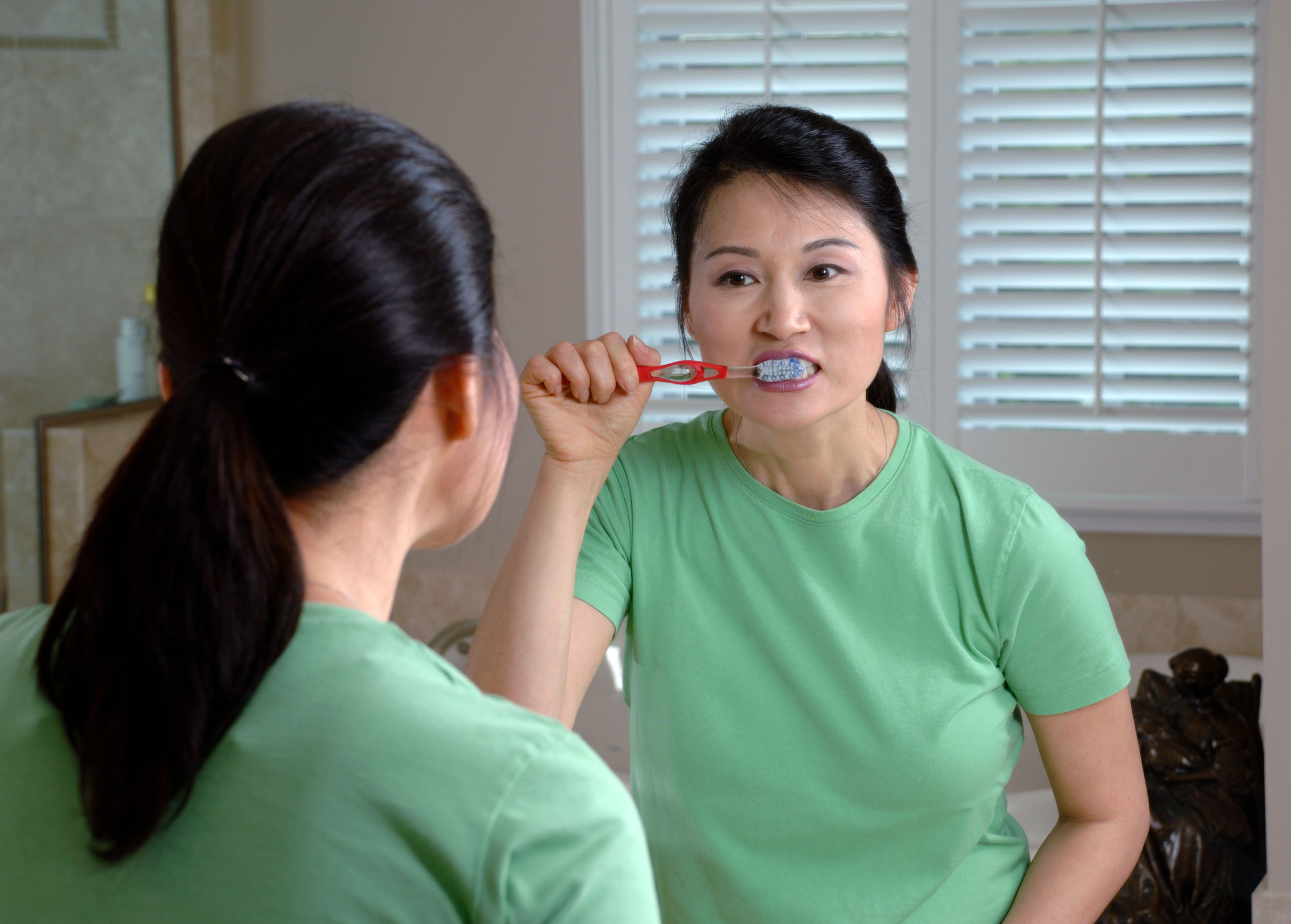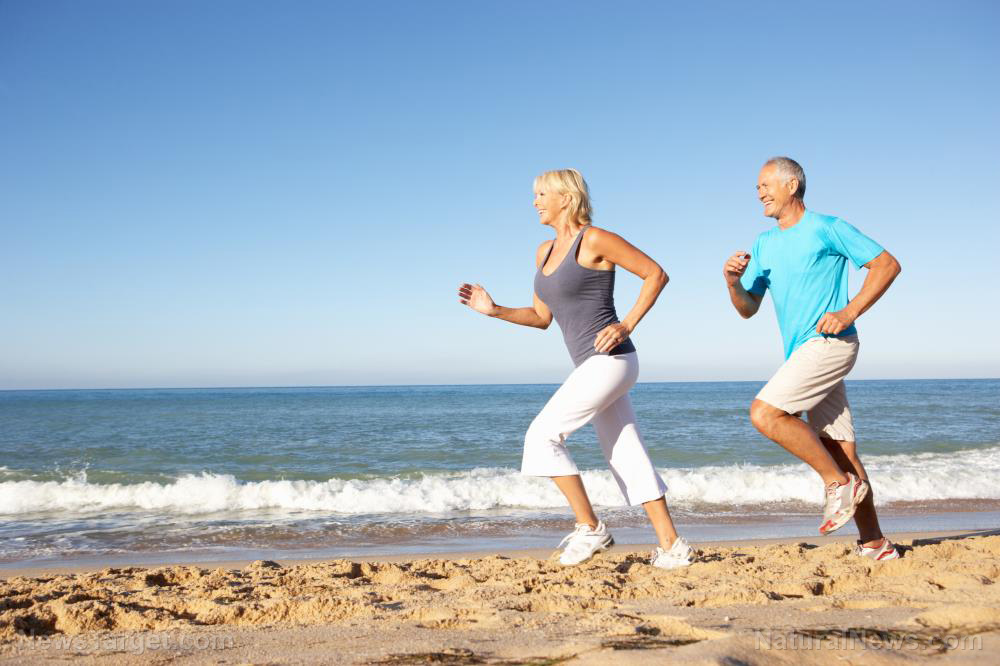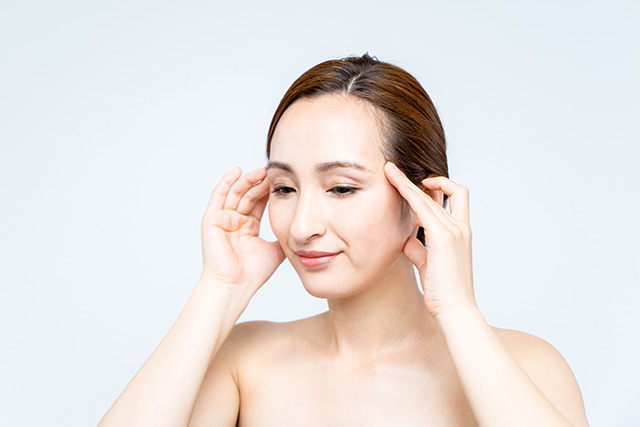Natural all the way: Experts urge healthy lifestyle choices for middle-aged women struggling with menopause symptoms and weight gain
03/27/2019 / By Jhoanna Robinson

Reviewing the weight gain risks that hound women during their midlife has encouraged researchers at The Mayo Clinic to give out a series of recommendations to lessen the menopausal challenges during this trying time in their lives. The findings were published in Mayo Clinic Proceedings.
Researchers said that women in this age group tend to have fat accumulate in their midsection – fat of this type is associated with higher risks of cardiovascular disease, which is the main cause of death for postmenopausal women. Central weight distribution also increases the chances of abnormal glucose and lipid levels and high blood pressure.
“This population of women faces multiple challenges for maintaining a healthy weight. Mood changes, sleep disturbances, hot flashes, and the many other changes of menopause can disrupt what may have previously been a healthy lifestyle,” says Mayo Clinic endocrinologist Ekta Kapoor, M.B.B.S., who is also the study’s lead author.
Women who are going into early menopause may want to consider hormone therapy to alleviate menopausal symptoms, researchers say, as they can focus on making healthier lifestyle choices when they do not have to worry about dealing with menopausal challenges. However, there have been studies that have linked hormone therapy to increased risks of breast and ovarian cancer. (Related: Natural menopause treatment with herbs, food remedies and homeopathy relieves cause of symptoms.)
Natural ways to shed menopausal belly fat
Belly fat – whether caused by menopause or other factors – is reversible and preventable. Here are two foolproof ways to losing unwanted fat around your belly:
- Exercise — Whatever the cause of your belly fat may be, getting up and moving is one of the most effective ways to lose it. It is recommended that all adults need at least 150 minutes of moderate-intensity aerobic activity every week, with two or more days dedicated to muscle-strengthening activities that target all of the major muscle groups, like the legs, hips, back, abdomen, chest, shoulders, and arms. Meditative exercise such as yoga also does wonders for your mood, which is greatly affected by menopause. Adding variation to your exercise routine ensures that you won’t get bored easily and will stick with it. Working out with a friend or in a group is also a good way to curb boredom!
- Eat right — Your metabolism will slow down when you hit menopause, so this is a time to control your portions. Cut back on restaurant meals and takeouts and set a consistent time and frequency to your meals to avoid mindless eating. Three square meals a day is good way to start. Add more healthy fats to your diet as well, derived from vegetable sources like olives and nuts.
What menopause exactly entails
The menopausal period is one of the most difficult experiences that a woman has to go through during her life. During this time, her estrogen levels slowly decline, causing her to start experiencing uncomfortable changes in her body, such as hot flushes, mood swings, night sweats, and sleep disturbances.
This time is called perimenopause or menopause transition, which is the period wherein she suffers from very evident menopausal symptoms as mentioned above, on top of extreme fatigue, a dry vagina, irregular menstrual periods, and a lower sex drive.
Menopause is the time when a woman’s ovaries stop producing eggs.
Some women can get confused as to their menopausal symptoms. They may not be aware that they were already having them as they can be disguised as the normal unpleasant feelings that have since plagued their life as a woman.
“This was a problem when I was working, as I was expected to be outdoors a lot! However, I found the hotter the weather became, the more often I had hot flushes. It interfered with my relationships with my co-workers as I needed Arctic temperatures from the aircon and they found it way too cold. Around that time, I also found I could get angry much quicker than usual,” says 46-year-old Charlene Botha.
For her part, 49-year-old Letitia Wyngaard said, “I would become too emotional and depressed…my life became a rollercoaster ride. The symptoms intensified and as the years went by, hot flushes came. It felt like my body was heating from inside…all of this was very confusing and I became depressed.”
Sources include:
Tagged Under: belly fat, Diets, estrogen levels, exercise, fight obesity, fitness, Hormone therapy, Menopause, natural cures, natural health, nutrition, perimenopause, slender, weight loss, women's health


